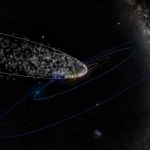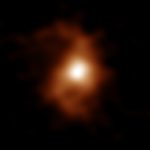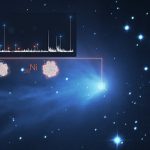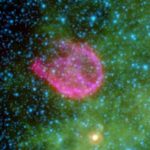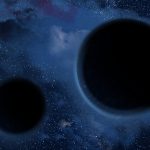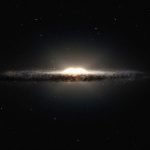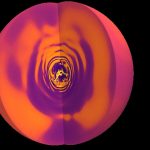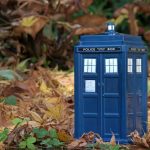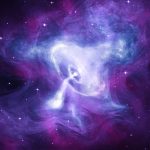Rare 4000 year comets can cause meteor showers on Earth
Comets that circle the Sun in very elongated orbits spread their debris so thin along their orbit or eject it out of the solar...
Scientists find the most ancient galaxy with spiral morphology
Analyzing data obtained with the Atacama Large Millimeter/submillimeter Array (ALMA), researchers found a galaxy with a spiral morphology by only 1.4 billion years after...
Scientists find heavy metal vapors in the atmospheres of comets
A new study by a Belgian team using data from the European Southern Observatory's Very Large Telescope (ESO's VLT) has shown that iron and...
Alien radioactive element found on Earth prompts creation rethink
The first-ever discovery of an extraterrestrial radioactive isotope on Earth has scientists rethinking the origins of the elements on our planet.
The tiny traces of...
Supermassive black holes devour gas just like their petite counterparts
On Sept. 9, 2018, astronomers spotted a flash from a galaxy 860 million light years away.
The source was a supermassive black hole about 50...
Scientists find new evidence of when and how our early Milky Way came together
New research provides the best evidence to date into the timing of how our early Milky Way came together, including the merger with a...
Waves shed light on mysterious ‘mixing’ inside massive stars
Astronomers commonly refer to massive stars as the chemical factories of the universe.
They generally end their lives in spectacular supernovae, events that forge many...
New techniques could help identify extraterrestrial life
Scientists are at the brink of being able to detect ET Life, which was predicted to be difficult decades ago.
New techniques suggest there...
What if you could hear space?
A new project turns astronomical images from the Chandra X-ray Observatory—operated for NASA by the Smithsonian Astrophysical Observatory—and other telescopes into sound.
When you see...
National Air and Space Museum will display Star Wars X-Wing starfighter
The Smithsonian’s National Air and Space Museum will display an X-wing Starfighter in the newly renovated building on the National Mall starting late next year.
The...

